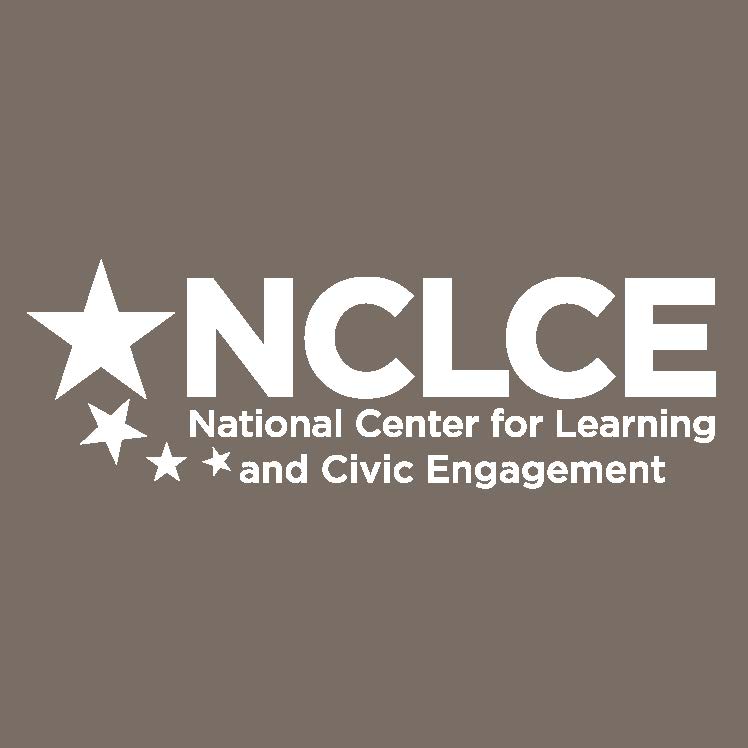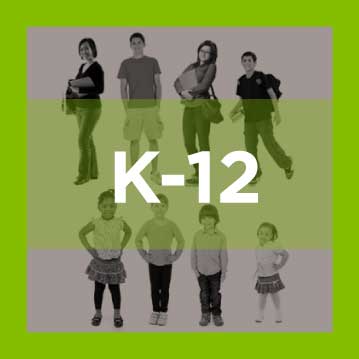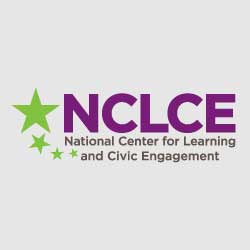Under our Constitution, some powers belong to the states. What is one power of the states?
If you answered to provide schooling and education, you have correctly answered one of the 100 questions on a sample naturalization test (provide protection/police, provide safety/fire departments, issue driver’s licenses and approve zoning and land use are also correct answers). Immigrants must pass the naturalization test, also known as the United States Citizenship Civics Test, to become U.S. citizens – and in an increasing number of states, students also must pass this test to graduate.
A new education trends report by the Education Commission of the States recaps the status of 2015 state legislation mandating use of the Citizenship Civics Test, which has been spurred by the Civics Education Initiative. The goal of the initiative, a project of the Joe Foss Institute, is for all states to require that students pass the Citizenship Civics Test in order to graduate from high school. As of June 1, 2015, bills had been introduced in 19 states, with five states (Arizona, Idaho, North Dakota, Tennessee and Utah) passing the requirement, five states (Arkansas, Iowa, Indiana, South Dakota and Wyoming) defeating the requirement and nine states with the bill currently under consideration.
The rather dismal picture of civics proficiency in the United States, with only one-third of students demonstrating an understanding of basic civic knowledge according to the National Center for Education Statistics, has increased focus on civics assessments and accountability. While there is strong overall agreement on the importance of civics education, the debate about requiring students to pass the Citizenship Civics Test has centered on concerns over the burden of additional testing and arguments that the test promotes rote memorization instead of more impactful student civic engagement.
Proponents argue that a civics test assessment is at least a strong first step towards improved proficiency and an important message about the value of civics education. The flurry of legislation has also invigorated discussion about other options to develop and assess civics literacy, from alternative tests to project-based approaches.
Who tracks state policy trends, translates academic research, provides unbiased advice and creates opportunities for state leaders to learn from one another?
If you said Education Commission of the States, you got another correct answer. For more on this important issue, read The Civics Education Initiative of 2015.
Jan Brennan is a project specialist for the National Center for Learning and Civic Engagement. Contact her at jbrennan@ecs.org or (303) 299.3661.






